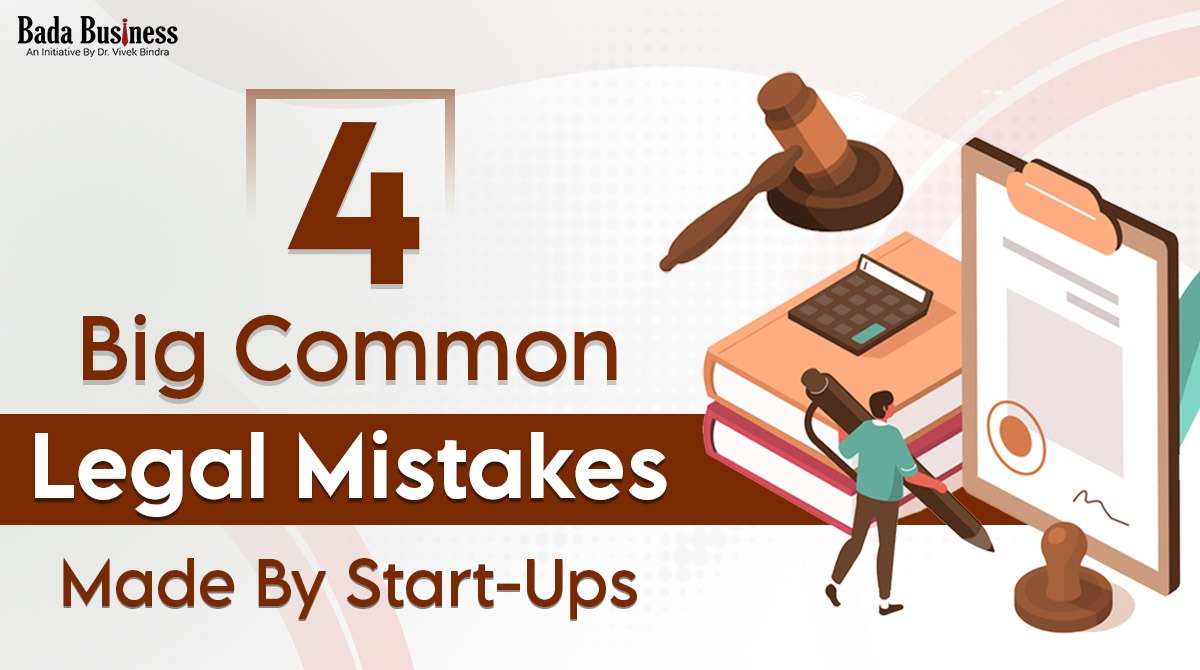Summary: Mutual Funds are one of the most popular tools of investment in India. A collection of bonds, stocks, assets, and money market instruments come with many benefits.
Warren Buffett once said, “Risk comes from not knowing what you are doing.” And when it comes to investment his words stand true. When you know how the market works, what kind of risk it involves, and know the essential tips and tricks of the same, you can become a good investor.
For beginners, Mutual Funds are the safest option to start investing in the market. Mutual Funds enable an investor with limited capital to make investments in various schemes like SIPs with as little as Rs. 100 or Rs. 500 to generate better earnings.
A mutual fund is an investment scheme made up of a pool of money collected from many investors to invest in various securities. The fund manager then uses these funds by investing them to purchase various securities including gold, stocks, bonds, etc. Each mutual fund will have a certain objective and different returns.
Before you decide to invest in mutual funds, follow these 7 tips that will help you to make a better decision in investing your money:
1. Read About Mutual Funds & Its Benefits
The new age investors believe in making passive income by making their idle money work for them. However, very few understand its true meaning and how to make the most of it. Many individuals are aware of the benefits that come along with investing in the stock market. But very few know that routing such investments through mutual funds would prove to be more effective.
Hence, you need to read as much as it is possible about Mutual Funds and how they work. What are the benefits and how you can reduce the risk that comes along with investments in just one asset category?
You can also take help from a wealth creator. He or she can help you in making investment decisions, just like a business coach helps you in taking critical decisions related to your business.
2. Learn about types of Mutual Funds
Mutual funds are segregated into distinct categories by asset class. They are divided into stocks, bonds, and cash, and then furthermore based on their style, objective, or strategy. There are three types of Mutual Funds in India:
a). Equity: High on both risk and potential returns, these investment schemes are the favorite of seasoned traders. However, beginners and investors with a low appetite for risk are cautioned before investing in any equity-oriented Mutual Funds.
b). Debt Mutual Funds: If you are risk-averse but want great returns on your investment, debt mutual funds are suitable for you. These fund schemes mostly invest in debt instruments like government bonds, corporate bonds, etc.
c). Balanced Mutual Funds: Also known as hybrid funds, this type of investment put money both in stocks and bonds. Its diversified nature provides balance and a perfect blend of both risk and rewards in terms of investments.
3. Find Your Objective
Before you decide to invest in mutual funds, you must know your objective. For instance, you can invest in equity funds, if you have long-term financial goals, but if you have short-term or medium-term financial goals, you can invest in debt funds.
Hence, your first step should be to decide on a goal. The time frame you are looking for and the returns that you are expecting will help you choose a fund that is best suited to your objective.
4. Learn About the Risk Involved
When thinking about investing, it is essential to know that the risk factor remains constant no matter which investment scheme you pick. However, there are numerous options available to help investors find one scheme that matches their risk appetite and return on investments.
5. Check the Expense Ratio
For the proper management of your funds, a commission is charged which is known as the expense ratio. As an investor, you need to figure out how much expense ratio a particular fund is charging, as it is calculated across the investor`s total portfolio and will have a significant impact. Hence, always pick a mutual fund that comes with a lower expense ratio.
6. Check Taxable Income on Your Investment
How much income from a fund will be taxable is something every beginner must consider. The returns from equity mutual funds are taxed based on the holding period and the applicable tax rate. Mutual funds are often efficient in terms of post-tax returns. For instance, long-term capital gains are taxed at 10% over and above the exemption limit of INR 1 lakh while short-term capital gains are taxed at a rate of 15%.
7. Track Past Performance of the Mutual Fund
It is crucial to check the track record of a particular Mutual Fund scheme before investing. From the duration to ‘Assets Under Management (AUM), you must learn everything related to the investment scheme you are planning to put your money in. Also, check the investment style of the fund manager and opt for a fund where the manager shows consistency irrespective of the market cycle.
Mutual funds are subject to market risk, which is why doing a fundamental analysis of a particular investment scheme becomes paramount. But, do know that no matter how good a fund has performed in the past, it won’t guarantee that the mutual fund will do well in the future. Keep these tips in mind before investing your money in a mutual fund.





